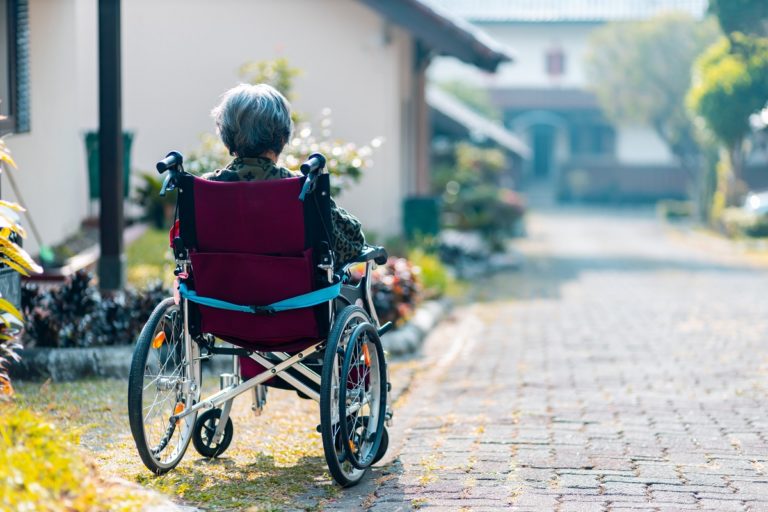The average lifespan in developed nations around the world is increasing. In the United States, Americans are expected to live up to the age of 78.6 years old — an almost 10-year increase from the life expectancy of 69.9 years in 1959.
This means that more people will reach old age and potentially need care. What if you do not have a spouse or children to lean on during your twilight years?
You need to prepare for the next chapter of your life. Here’s where to start.
Where Do You Want to Age?
The first thing you need to ask yourself is “where would you prefer to spend the remainder of your life?” Many seniors are choosing to stay in their homes rather than go to a nursing care facility.
If you need help, there are home health care agencies that will send trained personnel to assist you in housekeeping, cooking, shopping for necessities, etc. They can come to your house for a few hours every day or a few times a week depending on what you require.
You may also want to transfer to a senior-friendly house in a quiet neighborhood. It will be difficult to move around a big house with two floors and you will be at risk of suffering an injury due to accidents. Falls are a threat to the safety and health of older adults and, unfortunately, they happen quite often to the 60 and over age group.
Appoint a Proxy
Choose one person to act as a proxy. They will make decisions on your behalf in matters that involve your health and your finances. In case you are incapacitated in an accident or if you start losing your cognitive abilities, your proxy will take care of you.
A family member or a close friend can be your proxy. If no one can fulfill the role, for some reason, your doctor or an elderly care lawyer may be appointed. You may revisit and reconsider your proxy every few years or so.
Maintain Old Friendships and Create New Ones

Life as a senior can be lonely. According to a recent study, about one in three seniors feel that they lack companionship. Loneliness can lead to a range of health issues, including an increased risk of strokes and heart attacks.
Strive to connect and keep in touch with your old friends. They probably are looking for companionship, too. Having friends will make you live longer and increase your quality of life. Although you cannot ask them for long-term care, they will be around to help you when you are sick or feeling isolated.
You should also continue making new friends by joining social activities. Consider enrolling in hobby classes, volunteering in causes you support, attending events, etc. Go to places where you will constantly be surrounded by fresh groups of people.
Be Healthy
It is never too late to change your lifestyle and become healthier, but it also would not hurt to start eating a balanced diet and exercising regularly earlier into your life. This will prevent you from developing illnesses that will be difficult to manage on your own as time passes.
These tips will ensure that you will live safely and comfortably in your old age despite the absence of long-term carers. However, when you need help, remember that there will be people who can assist you.

